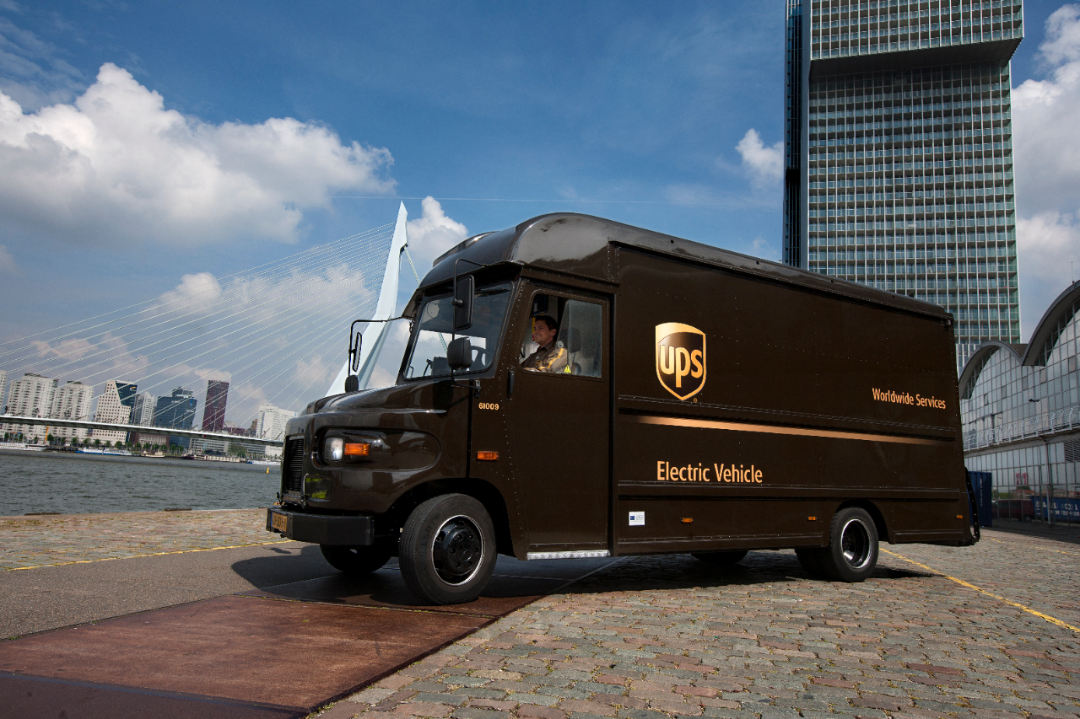Electrification Technology Gains Momentum
Over the next decade and beyond, the logistics industry is poised to take a significant leap forward through the electrification of transportation.
May 10, 2019 12:35 PM ET
Campaign:
Environmental Responsibility

Continued advances in vehicle range and cost will drive adoption of electric vehicles, while innovations in battery technology and solar energy will help address infrastructure challenges. With roughly 1,000 electric or hybrid electric vehicles already in operation in cities around the world, UPS expects to continue to lead the charge on electrification of medium-duty vehicles over the next five years. By 2020, one in four of our vehicles purchased annually will use advanced technology or alternative fuels — sending a clear signal to equipment manufacturers that electrification is here to stay. Investments made in 2017 are bringing us closer to this goal.
Debuting a New Line of Battery-Powered TrucksUPS will become the first commercial customer in the U.S. to use a new line of medium-duty electric trucks — called the eCanter — from Daimler Trucks’ Fuso brand. The eCanter is Daimler Trucks’ answer to the public’s need for a zero-emission, zero-noise truck for inner-city distribution. It has a range of approximately 62 miles and a load capacity of two to three tons. UPS will deploy three of these trucks in the U.S. in the near future. UPS will be among the first companies to use Tesla’s fully electric semitractortrailer, upon successful testing. The new vehicles, which are expected to have a range of up to 500 miles on a single charge and will be equipped with a suite of enhanced safety features. UPS has provided Tesla with real-world UPS trucking lane information as part of the company’s evaluation of the vehicle’s expected performance for the UPS duty cycle. First Fuel Cell Electric Vehicle (FCEV)
We plan to deploy a first-of-its-kind fuel cell electric delivery vehicle in Sacramento and Ontario, California. The Class 6 medium-duty delivery vehicle meets the same route and range requirements of UPS’s existing conventional fuel vehicles — but with zero tailpipe emissions. Demonstrating commercial scalability is an important step in the adoption of fuel cell technology. The fuel cell will be used as a range extender for the battery pack — a key advancement toward demonstrating the viability of zero tailpipe emissions trucks to fleet operators and the developing FCEV supply chain. This article is from the 2017 UPS Sustainability Progress Report: On the Leading Edge. Visit ups.com/sustainabilty to see the full Report, GRI Content Index, and other stories of innovation.

